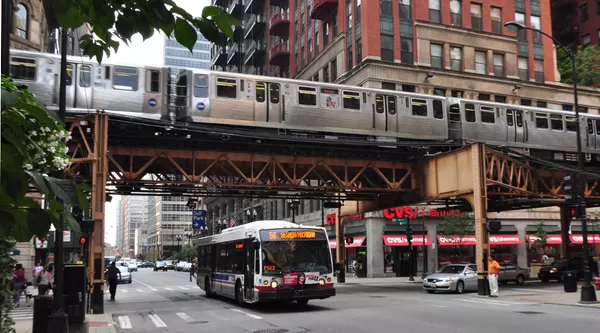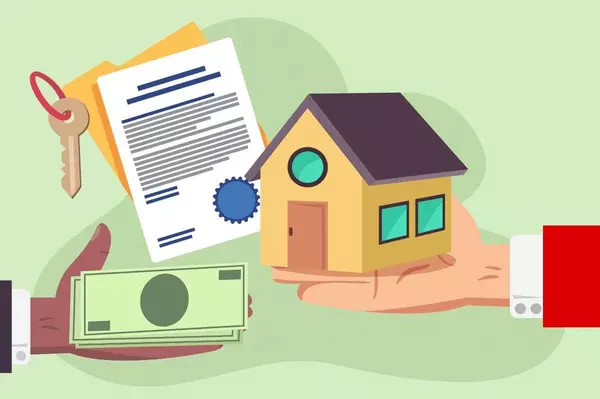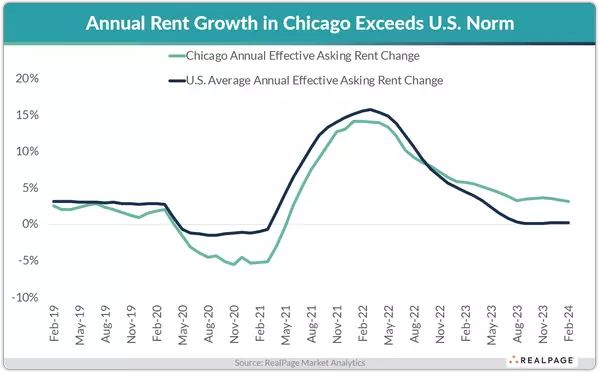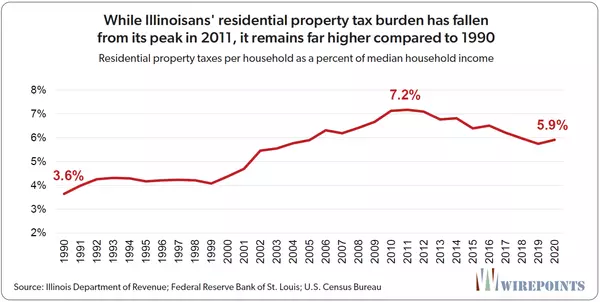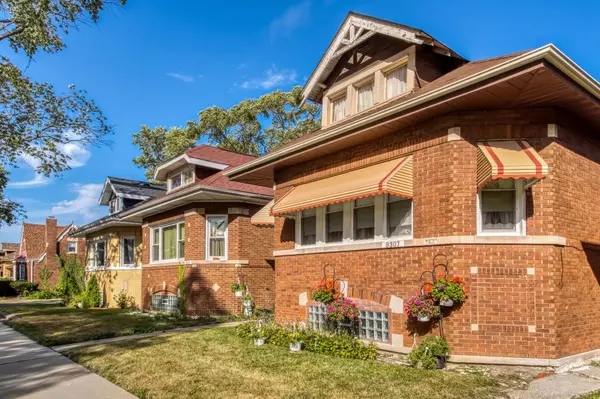Wholesaling 101: A Beginner’s Guide to Real Estate Investing in Chicago
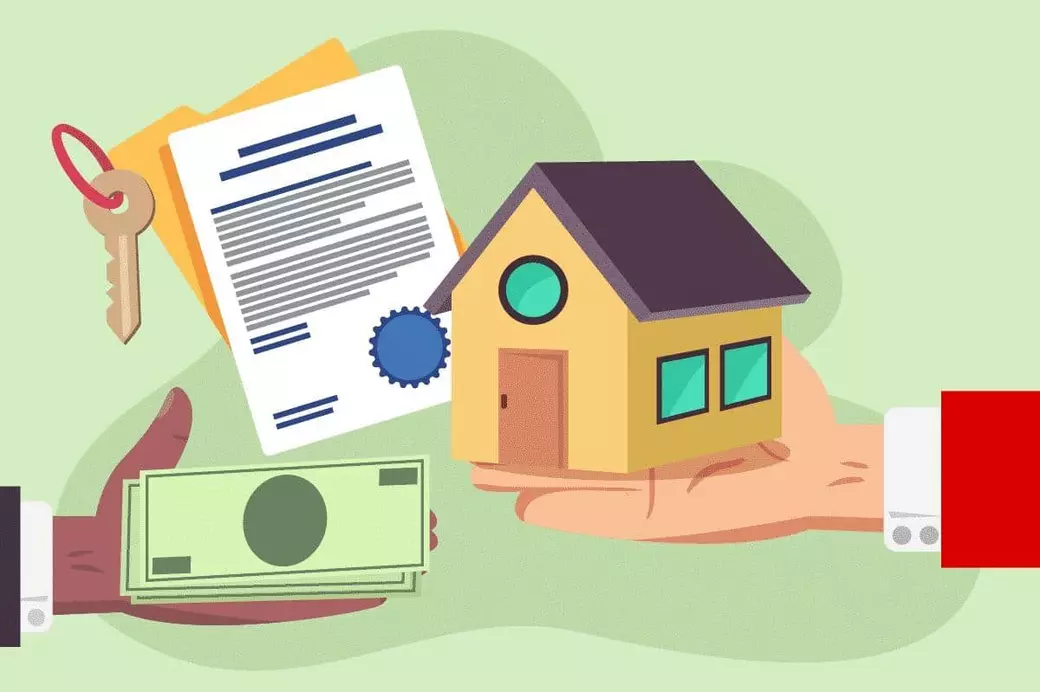
For aspiring real estate investors, wholesaling is often seen as an accessible way to enter the market with minimal risk and upfront capital. In Chicago, with its diverse neighborhoods and dynamic housing market, wholesaling offers unique opportunities for those willing to learn the ropes and put in the effort. This guide provides a comprehensive overview of wholesaling basics and actionable steps for getting started in Chicago.
What is Wholesaling?
Wholesaling is a real estate investment strategy where an investor (the wholesaler) identifies a property, negotiates a contract with the seller, and then assigns that contract to a buyer for a fee. Unlike traditional real estate investing, you don’t purchase the property outright; instead, you act as a middleman, connecting motivated sellers with eager buyers.
Why Wholesaling is Popular Among Beginners
- Low Barrier to Entry: You don’t need large amounts of capital or credit to start.
- Quick Turnaround: Deals can often close in weeks, providing faster returns compared to other real estate strategies.
- Learning Opportunity: Wholesaling teaches you essential skills like negotiation, market analysis, and building a network.
Steps to Start Wholesaling in Chicago
-
Learn the Basics Before diving into wholesaling, educate yourself about the process. Chicago has specific real estate regulations, and understanding these will ensure you operate legally. Familiarize yourself with terms like “assignment of contract” and “ARV (After Repair Value).”
-
Identify Motivated Sellers Motivated sellers are the cornerstone of successful wholesaling. Look for properties with:
- Foreclosure notices
- Probate listings
- Absentee owners
- Long-time vacancies
Tools like public records, driving for dollars, and online platforms can help you locate potential deals.
-
Analyze the Deal Use the 70% rule to estimate the maximum allowable offer (MAO):
“MAO = (ARV × 70%) - Estimated Repair Costs”
Understanding market values in Chicago neighborhoods is crucial for accurate calculations.
-
Build Your Buyer’s List A strong buyer’s list ensures you can quickly assign contracts. Network with:
- Real estate investors
- Flippers
- Landlords
Local meetups, Facebook groups, and real estate investment clubs in Chicago are excellent starting points.
-
Negotiate and Secure Contracts Approach sellers with a win-win mindset. Highlight the benefits of selling quickly and without traditional listing hassles. Once terms are agreed upon, ensure your contract includes an “assignability” clause, allowing you to transfer it to your end buyer.
-
Market the Contract Present your deal to potential buyers by showcasing its value. Share details like ARV, repair estimates, and expected returns. Transparency builds trust and repeat business.
-
Close the Deal Work with a real estate attorney familiar with Chicago laws to finalize the transaction. Upon closing, you’ll receive your assignment fee—the difference between your contract price and the buyer’s purchase price.
Challenges to Expect
- Competition: Chicago’s wholesaling market is competitive, so persistence and creativity are key.
- Legal Considerations: Illinois requires wholesalers to hold a real estate license for certain transactions. Ensure compliance with state regulations.
- Uncooperative Sellers: Not every lead will result in a deal. Learning to handle objections is essential.
Personal Observations
Having worked in Chicago’s real estate market for years, I’ve seen the power of wholesaling to transform lives. It’s a strategy that rewards effort, adaptability, and a willingness to learn. I remember helping a first-time wholesaler navigate their first deal in Bronzeville. Their success wasn’t just about the profit—it was the confidence they gained in the process. It’s stories like these that make wholesaling such an exciting entry point into real estate investing.
Final Thoughts
Wholesaling in Chicago offers tremendous potential for new investors, but success requires preparation, persistence, and a commitment to ethical practices. By focusing on building relationships, understanding the local market, and continually refining your skills, you can carve out a rewarding niche in this dynamic industry.
Whether you’re looking to wholesale as a stepping stone or as a long-term strategy, Chicago’s real estate market provides plenty of opportunities to grow and succeed. Take the first step, stay patient, and remember that every successful wholesaler started where you are today.
Vic Melecio - LPT Realty
Categories
Recent Posts



